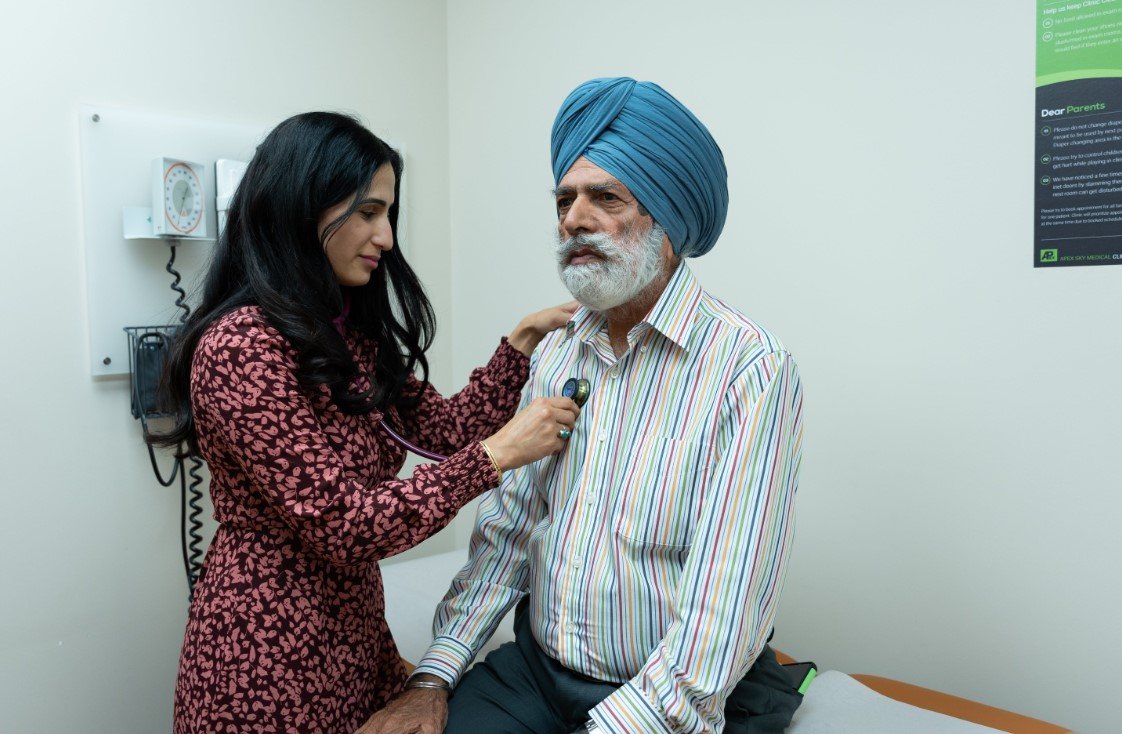The B.C. government has announced that it expects to improve the process of connecting residents with primary health care providers over the next year, as more than 220,000 people remain on the wait-list for a family doctor.

New payment model for doctors
The announcement comes after the launch of a new payment model for family doctors in 2023, which aims to encourage doctors to take on more patients and provide more comprehensive care. Under the new model, doctors are paid a monthly fee for each patient they see, rather than a fee-for-service basis.
Health Minister Adrian Dix said that the new model has been successful in attracting more doctors and nurse practitioners to the primary health care system. He said that as of Jan. 31, 4,000 family physicians and nurse practitioners have provided the government with data on how many patients they can take, including more than 89 per cent of doctors who have registered under the new payment model.
This number includes 708 new doctors and 60 more registered nurses, he added.
Health Connect registry
The government also said that it expects to speed up the process of matching residents with primary health care providers through the Health Connect registry, which was expanded to all areas of the province in July 2023.
The registry allows people who do not have a family doctor to sign up online and be placed on a wait-list. The government then works with local health authorities and doctors to find a suitable match for each patient.
However, the wait-list remains long, as more than 220,000 people are still waiting on the registry as of Jan. 31
Dix said that all primary health providers have been asked by March 31 to provide and upload their attachment data on the number of patients they can accept. He said that this will allow the government to “marry” the Health Connect registry with the attachment system that has been developed with the Doctors of B.C.
“We believe that the process to connect patients and family doctors will pick up speed over the next year,” he said.
Impact on patients
The shortage of family doctors in B.C. has been a long-standing issue that has forced many people to rely on walk-in clinics or overcrowded emergency rooms for their health care needs.
Dix said that the government is committed to improving access to primary health care for all residents, especially during the COVID-19 pandemic, when many people need regular and ongoing care.
He said that the government has invested in expanding the network and services of primary health care, such as creating more urgent and primary care centres, community health centres, and team-based care models.
He also said that the government has increased the number of medical school seats and residency positions, as well as provided incentives for doctors to work in rural and remote areas.
However, some patients may not be satisfied with the pace of change, as they continue to face difficulties in finding a family doctor.
“I think it’s too slow. They should have done this a long time ago,” said John Lee, a resident of Vancouver who has been on the Health Connect registry for over a year.
“I have chronic conditions that need regular monitoring and prescriptions. I don’t want to go to different walk-in clinics every time. I want a doctor who knows me and my history,” he said.
